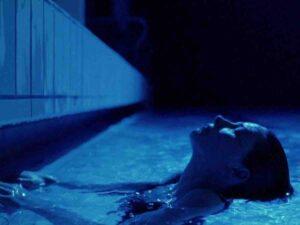From Taxi Driver (1976) to An Angel at My Table (1990), here are 15 movies about depression and loneliness worth your time.
The beauty of great art in general, and cinema in particular is that it can imitate a shared experience of difficult emotions. The idea of being able to view a fictional microcosm, as if through a looking glass, becomes a necessary panacea to isolation. It represents the complexity of our feelings, and facilitates catharsis. Naturally, all of us are prone to feeling a little bit alone every now and then. It is only to be expected, in a world where lives keep getting busier and everyone lives in their own quaint corner on the internet. Several movies have tackled the themes of depression and loneliness with a rare sensitivity and understanding of the subject.
Depression in particular can have a detrimental impact on one’s mental health and daily life, bringing with it a host of unfavourable emotions, even impairing one’s capacity to sleep, work, and enjoy life. The cinematic depiction of mental health can have a positive influence, helping us sympathize with sufferers. Some of these onscreen characters who embody loneliness and isolation aren’t mere caricatures but are treated with compassion and empathy.
Very quickly then, here are 15 noteworthy movies about depression and loneliness, remarkably nuanced and insightful:
1. Taxi Driver (1976)
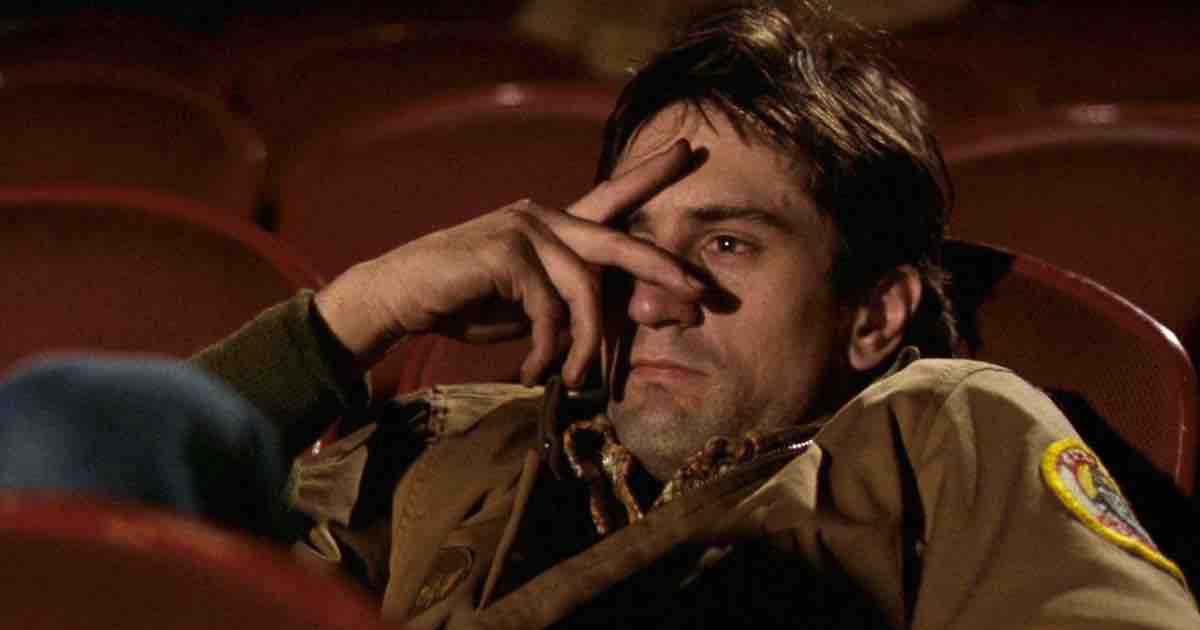
Martin Scorsese has a long history of portraying characters who are malcontent and dissatisfied with life. The idea of a lonely, depressed individual has long been the emotional center of his works. Taxi Driver is no different. The film revolves around Travis Bickle, an army veteran who drives taxis in New York. Struggling to find a purpose in life, he ambles around grim parts of the city looking for customers. At the same time, he fantasizes about saving a child prostitute, Iris. The decay and disillusionment inside his mind are wonderfully portrayed in an incredible performance by Robert De Niro. Taxi Driver is a solid testament to the darker side of mental illness and isolation. The narrative never treats Travis with scorn, reminding us that he is a victim of his circumstances too.
2. Ali: Fear Eats the Soul (1974)
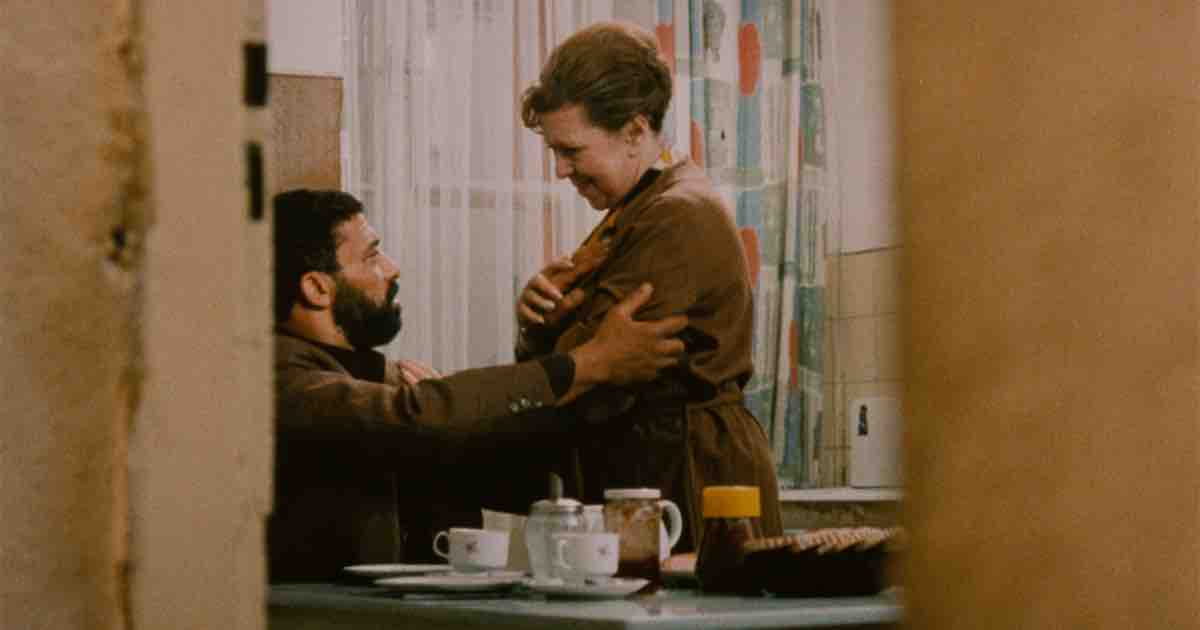
Set in the immediate aftermath of the Munich Massacre, Ali: Fear Eats the Soul is a touching love story between a German woman, Emmi, and an Arab immigrant, Ali. Even though Emmi is significantly older, they fall in love and get married. Things don’t quite work out in their favor, as their friends and family are extremely prejudiced, and often racially abuse Ali. Directed by R.W. Fassbinder, the German film unfolds like a tragic masterpiece. We know that nothing good can come out of Ali and Emmi’s love, but we’re swept up in it, regardless. The story is an excellent blend of intimate details and social drama. It expertly uses the backdrop of World War II era Germany to portray the alienation of the central couple from society, and eventually, from each other.
3. The Match Factory Girl (1990)
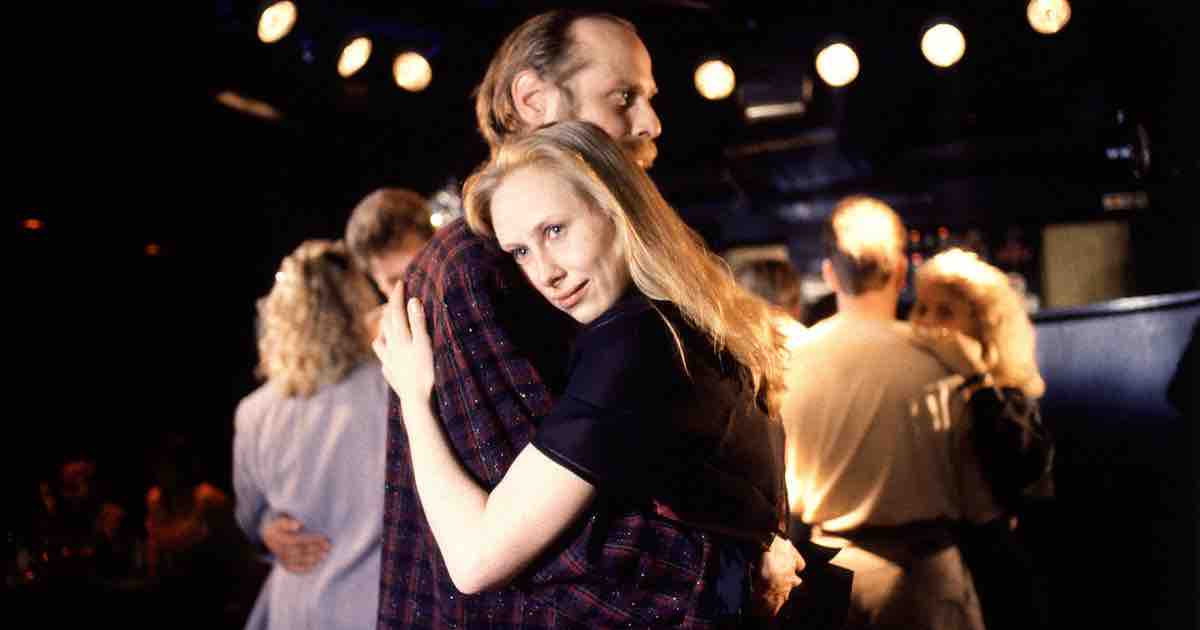
The Match Factory Girl revolves around the titular protagonist, Iris, who works as a factory worker and hands over her wages to her parents. Iris inhabits a cold, unrelenting world without any joy, and longs for an escape. Aki Kaurismäki’s direction in the film emphasizes this aspect of her existence, and amplifies her loneliness. Even as she commits multiple transgressions, the audience is able to empathize with her. The film is not only a character study of an alienated young woman, but also presents a damning portrait of the society that drives her to inhuman acts. The correlation between the meaninglessness of her job, and the lack of purpose she feels in her life is particularly moving. An excellent study in solitude, The Match Factory Girl is an exemplar of modern, character- driven cinema.
4. Melancholia (2011)
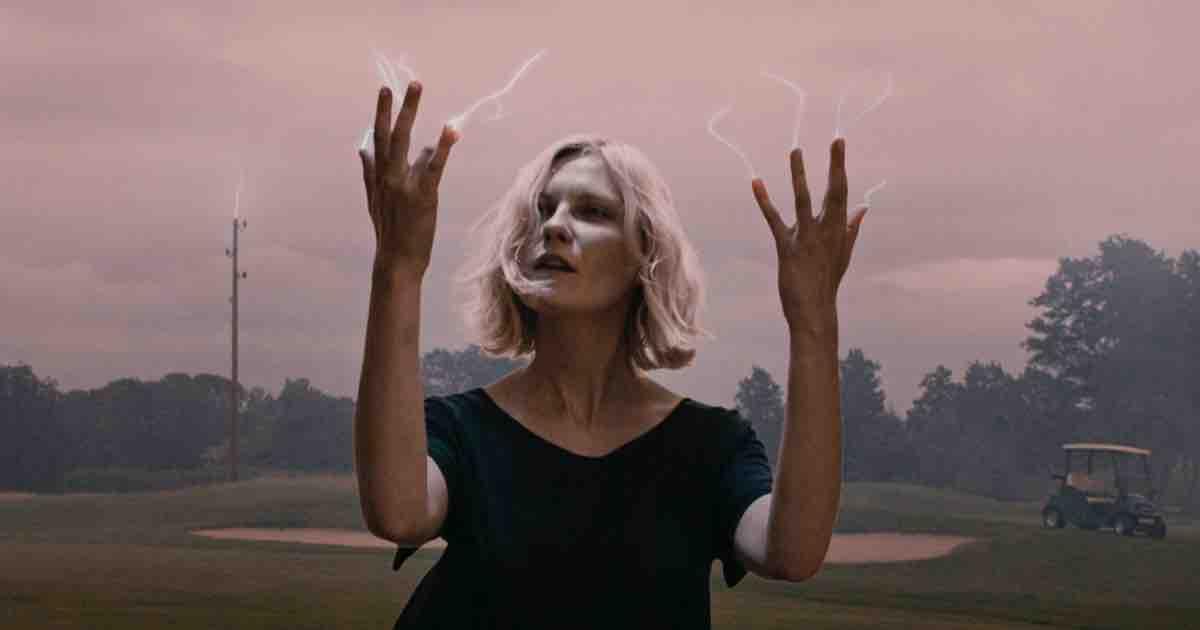
The second entry in Danish filmmaker Lars Von Trier’s Depression trilogy, Melancholia is a story of anxiety and solitude colliding in a cataclysmic manner. Newlywed Justine (Kristen Dunst) and her husband are unable to hide her melancholy at their wedding reception. Meanwhile, a new planet, Melancholia is discovered, and scientists predict that it will narrowly brush by Earth in its orbit. Justine’s sister Claire is afraid of a collision, even though her husband reassures her of its slim possibility.
The movie uses the end of the world as a metaphor for how debilitating depression and loneliness can often feel, as if one’s world were collapsing. Through Justine’s constant, unexplained sadness, the film conveys a universal kind of melancholy. For the uninitiated viewer, Von Triers’ surreal style of storytelling might seem unusual, but his artful direction will definitely draw you into the story.
Movies about depression can often be cathartic. Actor Kirsten Dunst says she found shooting Lars Von Trier’s Melancholia cathartic after dealing with her own depression.
5. What Time Is It There? (2001)

An elegant rumination on the nature of time and togetherness, What Time Is It There follows a pair of two young people, a watch seller named Hsiao-kang and a young woman named Shiang-chyi. When Shang-chyi travels to Paris, Hsiao-kang sets all the clocks in the city to French time, and the two frequently meet in a dreamlike state that defies space and time. The surreal landscape of the film is a perfect counterpoint to the all-too-real feelings of loss and sorrow. Director Tsai Ming-liang portrays grief and loneliness as if they too were characters in the film. The understated performances beautifully convey the sense of longing and frustration that pre-occupies every character in the story. The ambiguous storytelling might take a little getting used to, but is a moving testament of sorrow and intimacy nonetheless.
6. Uzak (2002)
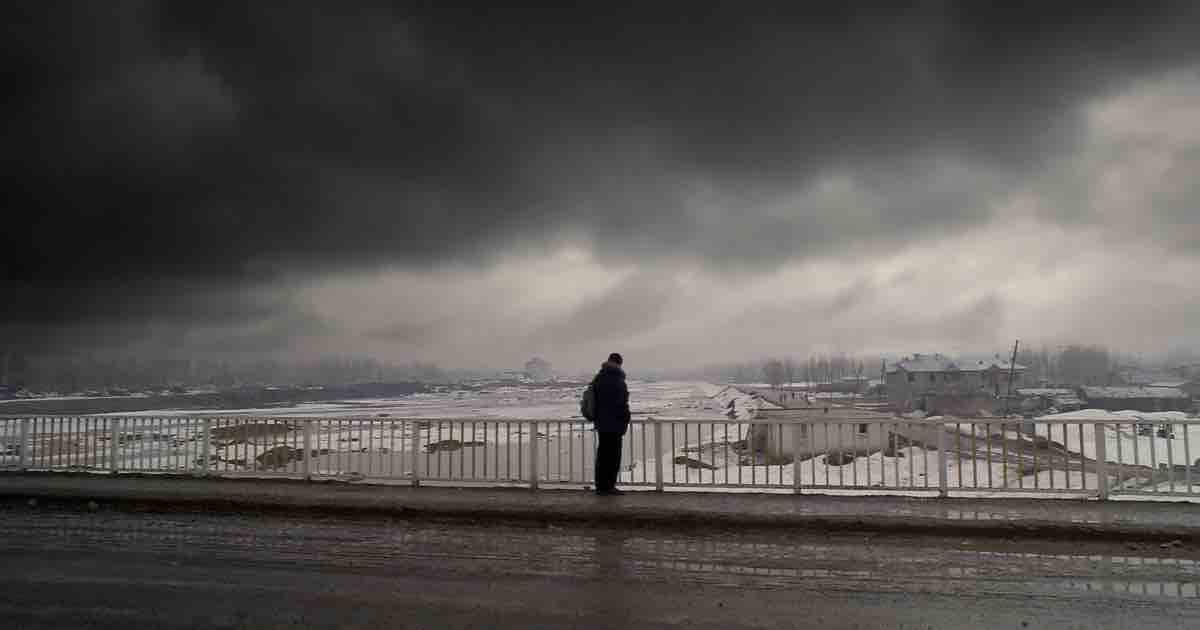
Directed by acclaimed Turkish director Nuri Bilge Ceylan, Uzak tells the story of Mahmut and Yusuf, two young men who happen to be relatives. While Mahmut is educated and sophisticated, Yusuf is a coarse and illiterate factory worker. They have trouble connecting due to their vastly different circumstances in life. Uzak, which literally translates to “distant” is a haunting profile of distance and isolation. Through these two characters, Ceylan presents the personal and social reasons for people drifting away from each other. The haunting silences and stark cinematography are consistent with Ceylan’s penchant for minimalism. In fact, this serves to heighten the sense of alienation he wants the audience to experience, where the characters are unable to reach out to each other. Through Uzak, Ceylan brings a terrifying vision of loneliness to life.
7. Three Colours: Blue (1993)
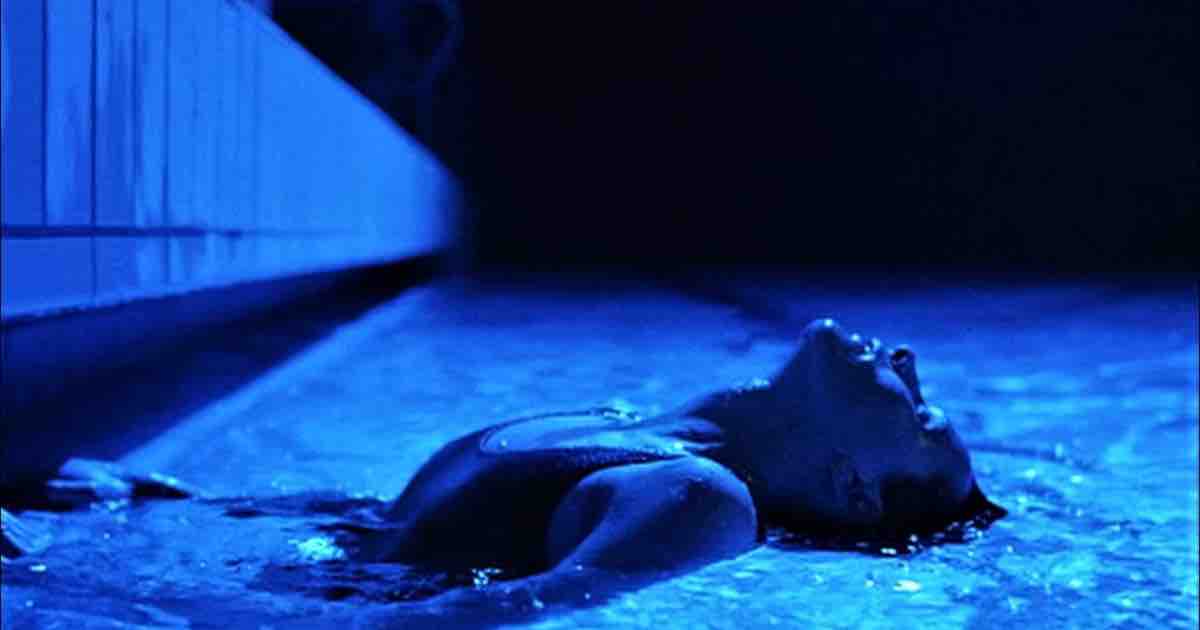
The first part of the Three Colours trilogy, Three Colours: Blue tells the story of a young widow, Julie, who cannot cope with life after the loss of her husband and child. Finding freedom in her despondency, she attempts to cut off all connections and live her life in isolation. Yet, she finds she cannot forsake her old life so easily. Krzysztof Kieslowski directs the film with a restrained touch, prioritizing storytelling through aesthetics, rather than expository writing. Julie’s mental state is superbly explored throughout the film using visual and musical cues. The story creates a balanced exploration of grief, sorrow and encapsulates hope for healing. With a strong performance from Juliette Binoche as the lead, the film is a moving experience about grief and the hard act of letting go.
8. Eternal Sunshine of the Spotless Mind (2004)
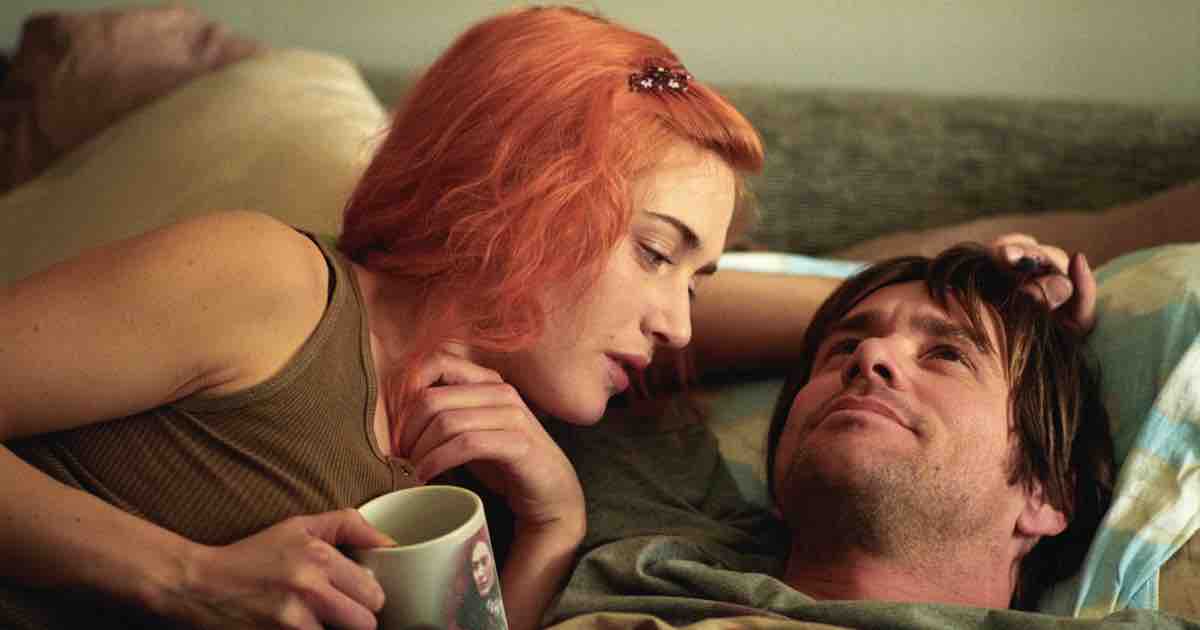
Eternal Sunshine of the Spotless Mind gives voice to the questions many of us have asked at some point or the other – is it possible to forget another person entirely? Should we forget the experiences and decisions that make us who we are? Set in a vaguely futuristic world, the film follows Joel and Clementine, a couple going through a rough patch. After a fight, Clementine decides to have her memories of Joel erased. Joel decides to do the same, and the events of their relationship are relayed to us through his fading memories. Beneath the unconventional set-up, the story’s greatest strength is the idea of two damaged, scared individuals finding their way back to each other.
Joel and Clementine are not perfect people in any way, but the story embraces their flaws. As the film trails through their ups and downs, we root for them to find each other, hoping that they will find a way to be better, and we will too.
9. An Angel at My Table (1990)
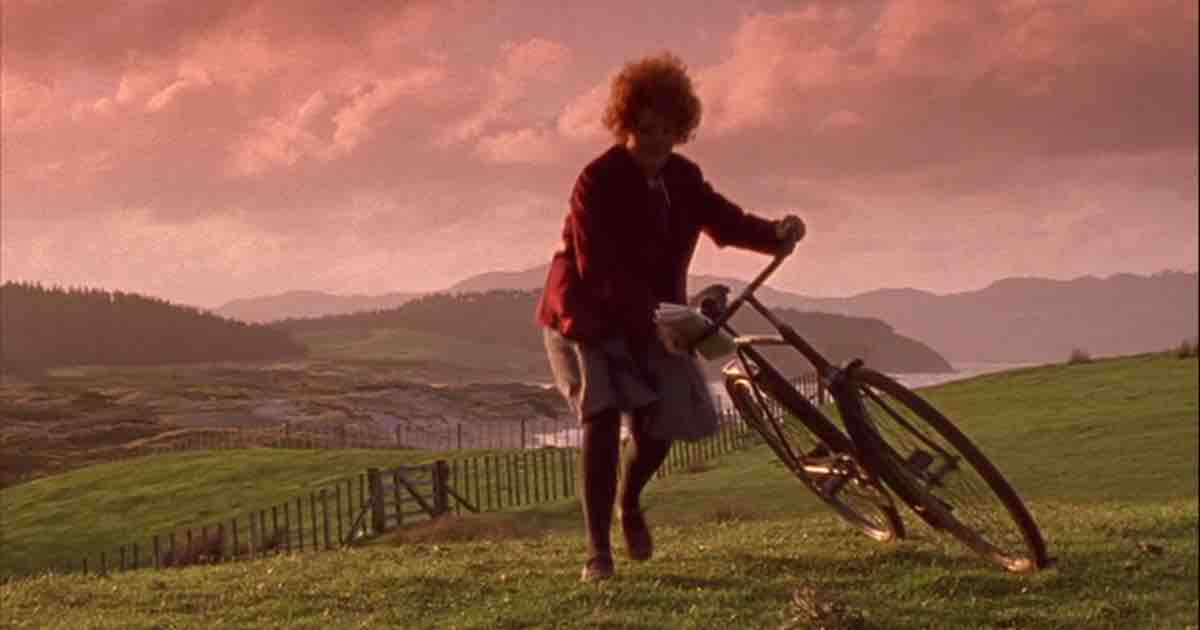
Based on several autobiographies by New Zealand author Janet Frame, An Angel at My Table is an inspiring story of overcoming the odds. The film dramatizes the events of Frame’s life, following her through girlhood to her early twenties. It is an unflinching look at the harsh realities of life of those afflicted with mental illness. Even though Janet grows up in a loving home, the people around her are ignorant regarding her panic attacks and she is admitted to a mental hospital. The story is not so much concerned with her triumph over her ordeal as it is about acknowledging the hardships she must have faced. To its credit, the film does not portray the people around her as actively malignant, but misinformed. The nuanced writing and a tender coming-of-age narrative wonderfully complement the message of the film to treat others with compassion.
10. Cries and Whispers (1972)
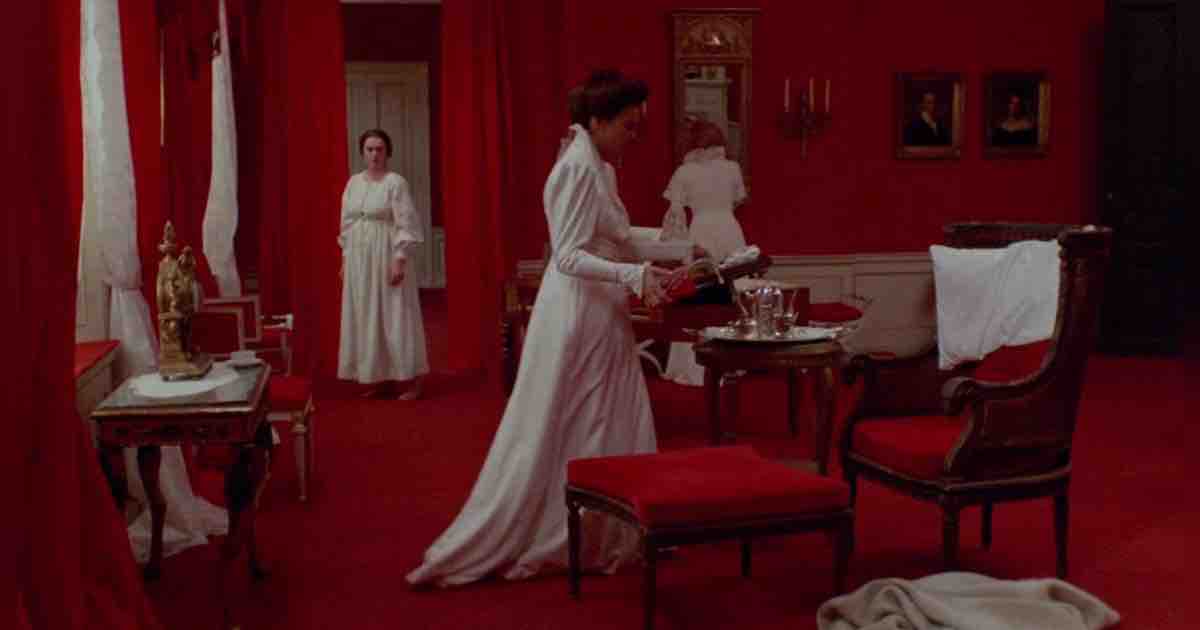
Inspired by director Ingmar Bergman’s memories of his own mother, Cries and Whispers revolves around four sisters who gather to mourn their dying sister, Agnes. Old wounds and petty insecurities resurface when the sisters fail to find comfort in one another. Bergman uses the contrast between the sisters mourning the dead, but refusing to seek solace in one another as a metaphor for the futility of their anger. The story also pays special attention to the connection between the characters’ misery and their marginal position as women in a highly regressive world. The film’s vibrant use of color to tell the story impart it the gloomy ambience of a gothic production. Familial abandonment and the repression of women in 19th century Sweden is expertly explored to create a tale in which there are no true heroes or villains, only victims.
11. Little Miss Sunshine (2006)
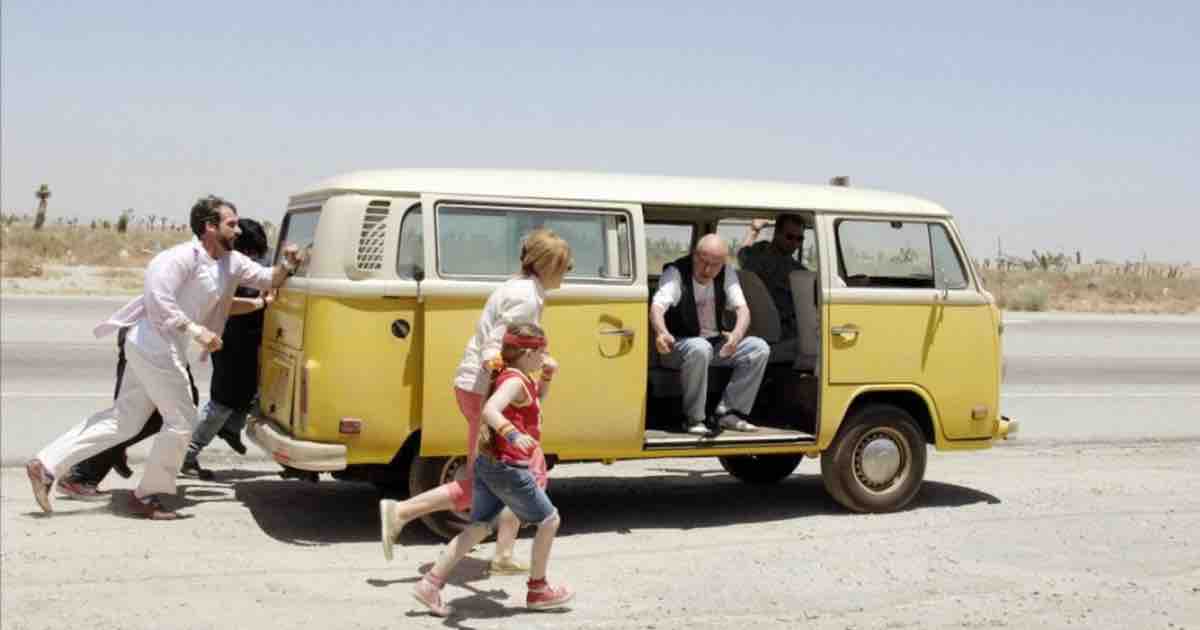
Movies about depression can often be therapeutic. Little Miss Sunshine tells the story of a wacky, dysfunctional Hoover family, who are all going through problems of their own. Sheryl is overworked and lives with her gay brother, Frank, who is struggling with depression. Their father is a heroin addict, and coaches his preteen granddaughter, Olive, for a beauty pageant. The family finds themselves on a road trip to California, when Olive is invited to a child beauty pageant there. The film utilizes a conventional family drama set-up to depict that each character is lonely in their own way. Despite their sadness, the story brings them together through their love for Olive. The story is a brilliant update to the road trip film genre, emphasising character growth and the importance of togetherness in hard times.
The comical quest to register Olive for the contest raises awareness of and, in some cases, resolves each character’s mental health issues.
12. Lost in Translation (2003)
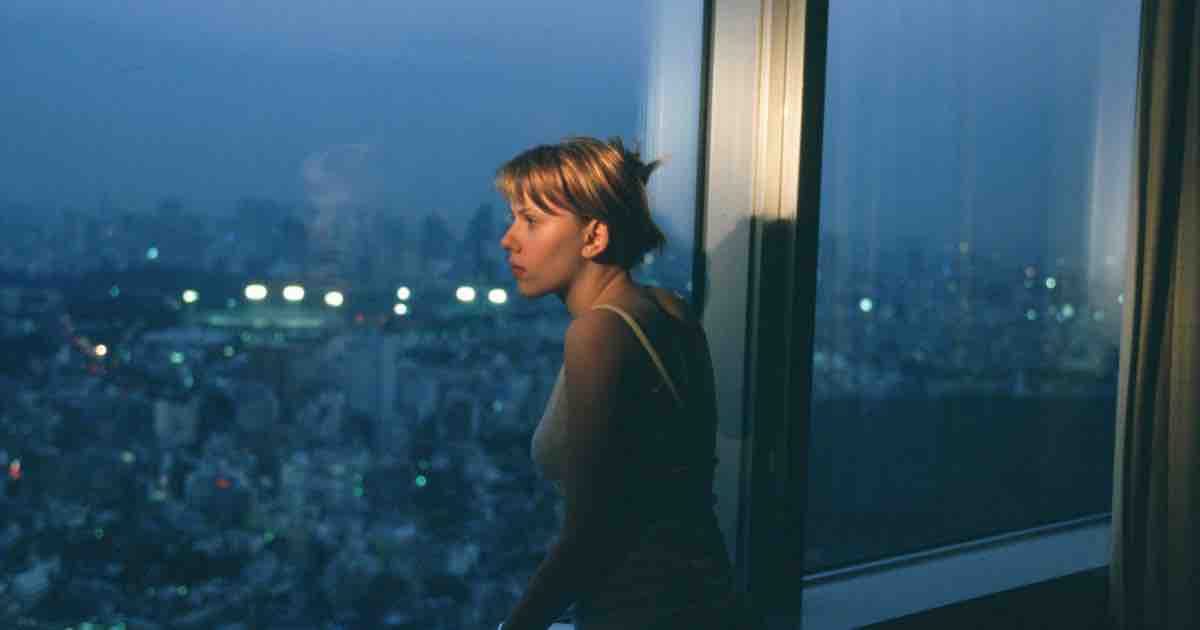
If there is a director who excels at portraying lonely young women in crisis, it is Sofia Ford Coppola. Across films like The Virgin Suicides, Marie Antoinette and The Beguiled, she has consistently traced the mental state of women cut off from their social milieu. Lost in Translation follows Charlotte, a young married woman in Japan, and Bob Harris, a washed-up actor going through a midlife crisis. The story revolves around their friendship, and shared feelings of alienation in a strange new place. Much of the story takes place in the Tokyo Park Hyatt Hotel. Coppola has said that this was done to endow the film with a sense of alienation, estrangement and melancholy. Through the characters who feel alone and disoriented, Lost in Translation touches upon a universal idiom of loneliness and the search for a place to belong.
13. Chungking Express (1994)
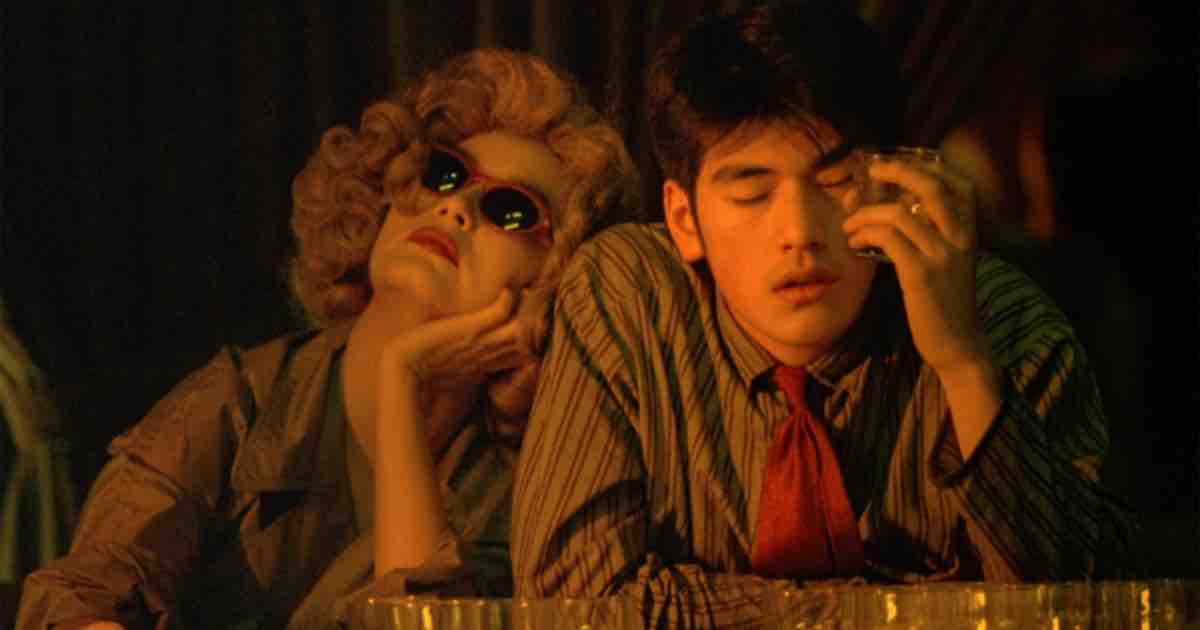
Wong Kar Wai thrives in making expressive films about human nature and sentiments. In his films, the city of Hong Kong looms larger than the people living in it. Chungking Express is no exception. Set in the din and bustle of Hong-Kong, the film narrates two unrelated stories that are united through lost love and isolation. The first story revolves around a police officer who has been dumped by his girlfriend. He finds himself trying to connect with her through material objects. The second story features the legendary Tony Leung as a lonely cop who forges an unlikely relationship with a shopgirl. The juxtaposition between the lonely lives of the character and the crowded city of Hong Kong provides the central thesis of the film. Loneliness is a universal language. Wai prioritizes the idea of strangers being alone together, and the result.
14. Red Desert (1964)
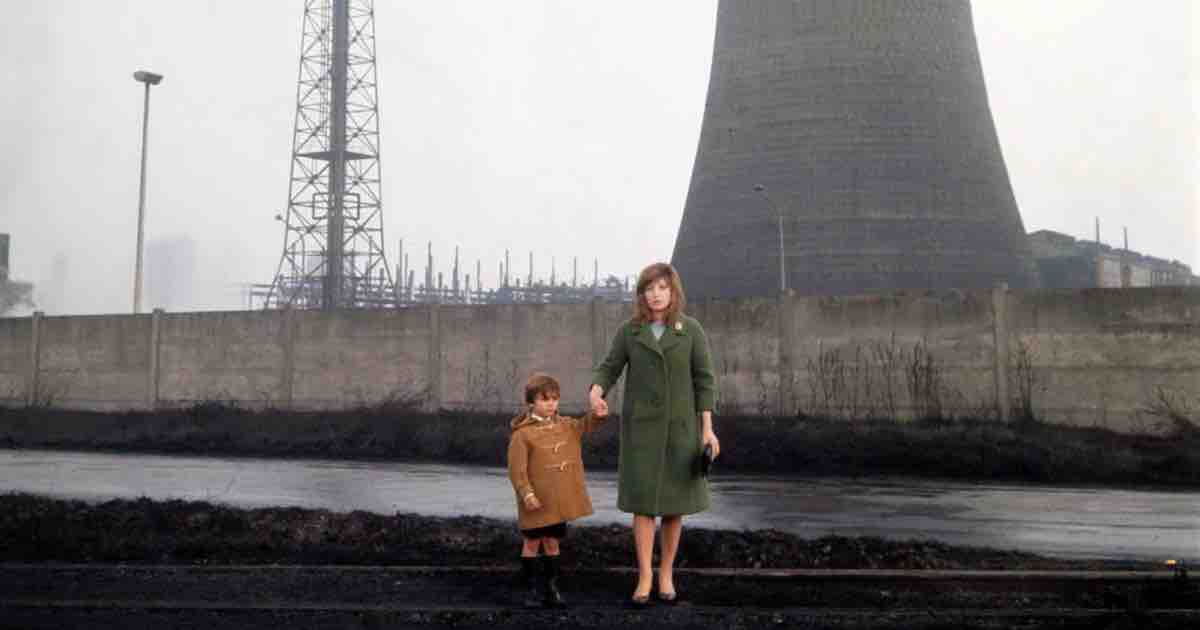
Red Desert was Michelangelo Antonioni’s first film in color. It’s a bleak contemplation on alienation in a world that prioritizes material gain over real connections. The film revolves around Guiliana, a factory worker’s wife with a nervous affliction. Her desperate efforts to distract herself from the feelings of isolation are no good, as she cannot escape her anxiety. The story does a great job of realistically portraying the difficulties of living with depression. As Guliana turns to drinking and sex to escape her reality, one cannot help but feel deeply sorry for her. The idea is to convey her detachment from everything around her, and it’s achieved with a garish vision of surrealism. The film utilizes harsh colors and sharp forms to form a pointed critique of industrialization and its alienating effects.
15. The Green Ray (1986)
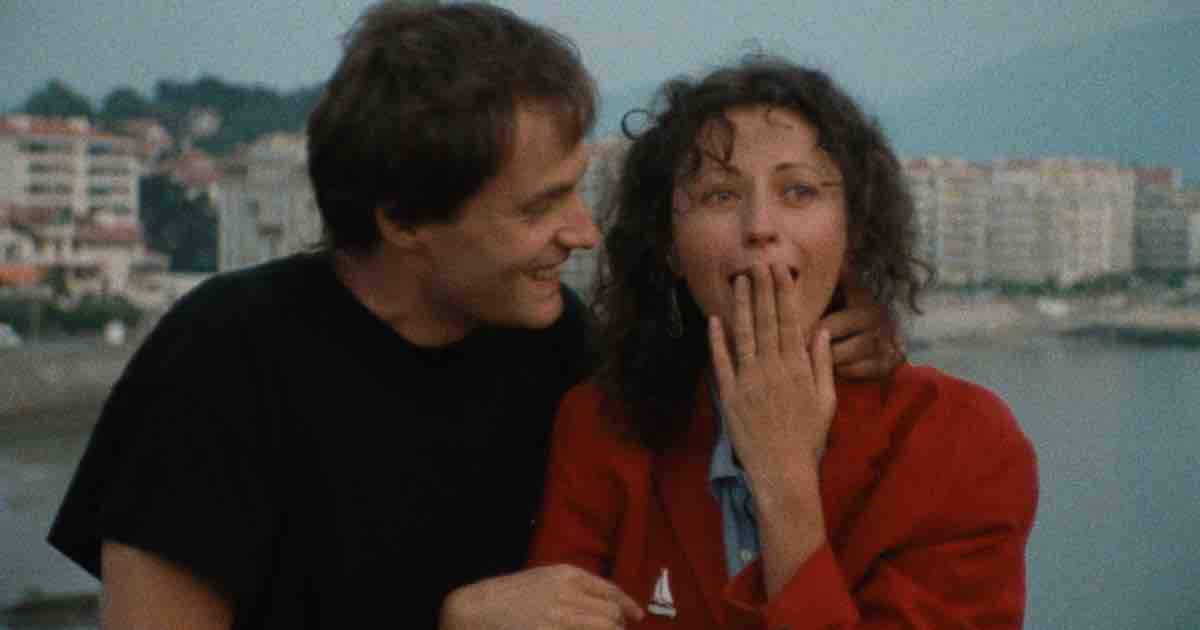
Eric Rohmer’s The Green Ray utilizes the familiar premise of a relationship falling apart to explore sorrow, anger and loneliness. Faced with the prospect of a dull summer, Delphine tries to seek out meaningless relationships. Eventually, she realizes she is not cut out for it, with great frustration. Her half-hearted attempts to find quick love seem extremely familiar in a time where loneliness seems to be an inescapable aspect of our lives. The film occasionally meanders, and does not have a coherent narrative structure. But, beneath the saturated aesthetic composition of the film, the story quietly celebrates banal events and solemn moments of life. The optimistic ending particularly stands out. Instead of a cynical outlook, we literally get a happy ending where characters stare off into the sunset, holding out hope for a better tomorrow.
Conclusion
There we are! These are some of the most noteworthy movies about depression, loneliness and anxiety. Which one of these films struck a chord with you? All art reflects the conditions of its genesis. Looking at these films, one cannot help but feel that it is a deeply human endeavor on the part of artists to tell stories about something as universal as isolation. Awareness and deeper reflection of depression’s role in everyday life can also go a long way in helping defeat the stigma around mental illness. In 2020, 17.3 million American adults were predicted to have major depressive disorder, while an estimated 21 million adults in the US experienced at least one major depressive episode. Having spent the better part of the two years locked up, these films are more relatable than ever.
If you’re done with our list, watch In the Mood for Love (2000), Requiem For A Dream (2000), and Magnolia (1999).
Editor’s Note: If you or someone you know is seeking help for mental health concerns, visit the National Alliance on Mental Illness (NAMI) website , or call 1-800-950-NAMI (6264). For confidential treatment referrals, visit the Substance Abuse and Mental Health Services Administration (SAMHSA) website, or call the National Helpline at 1-800-662-HELP (4357).
